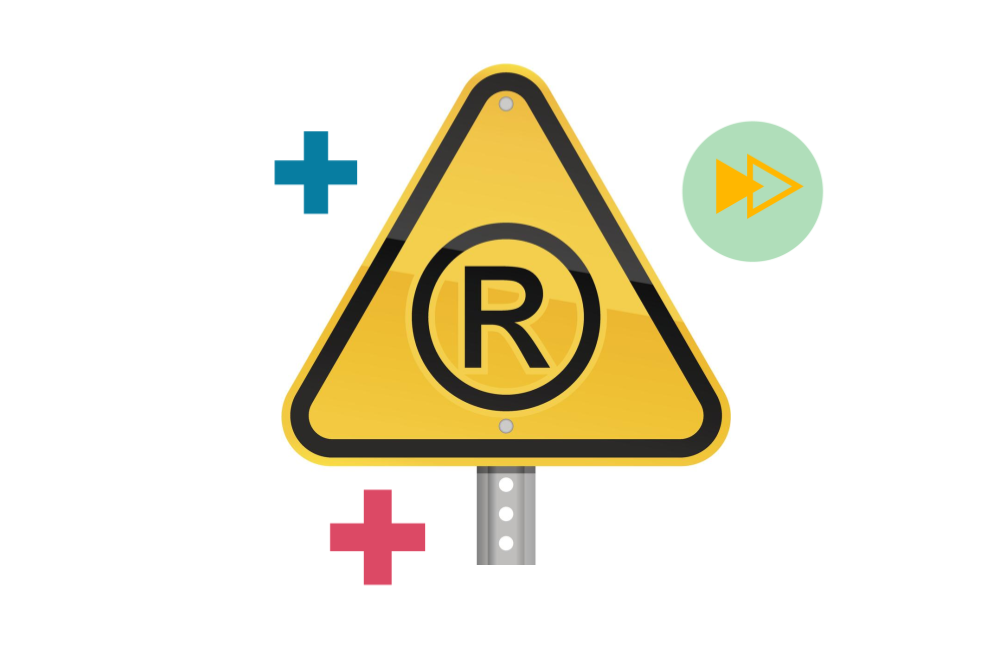
Author Rachel Nicholls
Many investors, entrepreneurs and brand owners may question what is IP due diligence and should I invest resource into it? Put simply, IP due diligence is an audit of the intellectual property assets of a company, business or individual to assess the quality of the IP, determine whether it is fit for the intended purpose and understand its commercial value. As a team of highly-experienced IP specialists the importance of IP due diligence is never in question at Sonder IP and in this article we explain why we always advise our clients to adopt a proactive approach.
The importance of IP due diligence
IP due diligence commonly arises in a Merger & Acquisition situation where owners are attempting to assert the value in their business, and purchasers are trying to ascertain the value of the deal. It’s such a crucial step which protects all parties in any commercial deal. For example, let’s refer to an everyday transaction; if you want to sell a car you have to prove you own the car you are offering for sale; if you want to buy a car, you want proof that it exists and to understand its value. It’s basic business sense to always do your due diligence and intellectual property is no exception!
According to a 2017 Intellectual Property Office (IPO) report, Hidden Value: A study of the UK IP valuation market, approximately 70% of a typical company’s worth lies in intangible assets, and this percentage is steadily increasing. We see this trend across the board from technology companies to FMCG and luxury brands. With such a huge proportion of a company’s value being attributable to intangible assets, it makes sense for both the buyer and the seller to check what’s on the table and conduct thorough IP due diligence.
Which side of the table are you sitting onin a Merger & Acquisition deal?
The prospective purchaser’s point of view
Your IP due diligence needs to clarify exactly what you are buying, and confirm that the value of the target company is supported by the IP it claims to own or has the right to use in terms of its current and anticipated business.
Numerous high profile companies have hit the headlines in recent times when they acquired expensive businesses without taking a close look at the target IP assets. No-one wants to be the next Volkswagen AG, left bruised and battered in the acquisition of Rolls-Royce Ltd who, it turned out post-deal, did not own the trade mark rights to ROLLS ROYCE. Those rights were owned by Rolls Royce plc who were crucially not party to the deal.
IP due diligence checklist for prospective purchasers
So what should yoube looking for within your IP due diligence? Here are some of the other factors that may impact on the value of the four key areas of an intellectual property portfolio:-
Patents – patent due diligence should ascertain the existence and scope, validity, and enforceability of the patent rights. This must take into consideration geographical and technical scope, and must, necessarily, involve a review of the patent claims to ensure that all key aspects of technology are covered. You may also consider a freedom to operate analysis which will identify existing patents that may overlap and may affect the scope of the target patents
Trade Marks – trade mark due diligence should ascertain the existence and scope, validity and enforceability of the trade mark rights. This must take into consideration the geographical scope and must involve a review of protected brands and specifications which define the scope of protection. Trade Marks are subject to non-use conditions, and failure to demonstrate use when challenged can result in loss of rights. Ensure therefore that the seller produces evidence of commercial use of any vulnerable trade marks
Registered Designs – registered design due diligence should ascertain the existence and scope, validity and enforceability of the registered designs. This must take into consideration geographical scope and must involve a review of drawings against designs as used.
Copyright – copyright due diligence is notoriously difficult given that most countries do not have a copyright registration system, and this is not therefore a simple check against formal register details. Copyright due diligence will require sight of proof of ownership documentation, which will date back to creation of the copyright work.
General – never assume, always check. Check ownership, check renewals, check existing licences and whether the IP rights are encumbered in any way, and investigate other deals already in place.
The sellers point of view
As the seller of a business your IP due diligence will aim to maximise the value of the sale and show a return on the investment that you have made in your IP. You need to be confident that you are valuing the assets based on the total tangible and intangible value. Increasingly, whatever the commercial sector, your business’ competitive advantage often resides in its intellectual property.
IP due diligence checklist for sellers
What should your IP due diligence cover to ensure you accurately value your brand? Below are the key points of consideration to focus on:
Protect your IP – it is important that you fully capture all of your IP and register those rights through the formal processes and channels available. An effective IP strategy will go a long way to ensure you are fully protected, and is the easiest way to ensure that your business is valued correctly. Ensure that the ownership of the IP is accurate and that there are no question marks over the validity of the IP due to inaction or non-use.
Be ready to prove it – a buyer will ask to see any number of pieces of documentation to prove the existence and validity of your IP including registration certificates, assignment documents, licence documents, other agreements pertaining to use and exploitation of your IP, evidence of use. Get your records in shape because without the supporting documentation, the value of your IP could be significantly reduced.
Identification processes – you must be able to point to the processes that you have in place to identify and protect new IP rights, ensuring that there are no missed opportunities to add value to your portfolio and business.
Monitoring processes – ensure you have effective competitor and consumer monitoring in place to identify and analyse possible infringements. Failure to actively police the use and exploitation of your IP can result in significant devaluation and/or loss of rights.
Third party rights – make sure that your use of third party IP is authorised and well-document. There’s no such thing as a gentleman’s agreement when it comes to IP due diligence.
We create real IP value
From the everyday to the IP emergency, our accomplished Chartered Trade Mark Attorneys and IP Solicitors are driven to get the very best outcome for every brief for every client, every time! Sonder & Clay are a full service IP law firm with proven expertise and results in IP protection, strategy, disputes, and exploitation. Learn more about our IP services or get in touch with us for a complimentary IP audit today.



